Are You Your Body?
I want to take a moment to rewrite the creation story, if you don’t mind. I know, I know, heresy, right? Except I think that I can make it more in-tune with the way most Christians see things.
To wit:
In the beginning, God created the heavens and the earth. And upon creating the world, He planted a garden in the east of Eden. There were four rivers that flowed out of it, but they’re not important right now, so I won’t bother in trying to name them or even try to maintain the pious voice I’ve been cultivating.
At any rate, upon planting this garden, He placed within it two ethereal souls, bodiless spirits in the fashion of the angels themselves. One He called Adam, the other was eventually called Eve. And how Adam and Eve loved to frolic through the Garden, doing whatever it is that disembodied souls would do in a physical world.
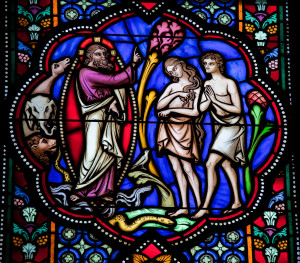 But then, one day, the Serpent appeared, the craftiest of all God’s creatures. And the Serpent approached Eve and tricked her into sinning by somehow eating the forbidden fruit (an interesting feat, given a bodiless spirit’s lack of a mouth or digestive system). Eve, in turn, got Adam to eat the fruit as well.
But then, one day, the Serpent appeared, the craftiest of all God’s creatures. And the Serpent approached Eve and tricked her into sinning by somehow eating the forbidden fruit (an interesting feat, given a bodiless spirit’s lack of a mouth or digestive system). Eve, in turn, got Adam to eat the fruit as well.
And that’s when everything went off the rails. God showed up in the Garden and started handing out curses and condemnations for the introduction of sin into the world. When the dust settled, Adam and Eve discovered that they had been changed. They had been given physical bodies, a fleshly prison that would tempt them and corrupt them until the day that they would be set free from it by death, able to once again return to their purely spiritual state, the way that they were always intended to be.
The End.
So what do you think? How many of you are writing up writs of excommunication or trying to figure out how to contact my ecclesiastical superiors for daring to rewrite Holy Scripture?
Don’t bother. And don’t worry. I haven’t gone heretical. Rather, this week, something’s gotten stuck in my theological craw, namely a hint of gnosticism. More specifically, I took a little bit of issue with the latest video from Blimey Cow, namely this one:
So what’s wrong with this? It seems like a fairly innocuous “Don’t be so hard on yourself” type of message that people need to hear, right?
Well, sure, but I have a real problem with #1, the whole “You are not your body” schtick.
It’s a sentiment that gets tossed around a lot in Christian circles, this idea that we are merely temporarily enfleshed souls. A lot of people like to add in this quote, which supposedly comes from C. S. Lewis:
If we’re just souls, why did God give us bodies when He created us? If we’re just souls that have bodies, why will we be reunited with our bodies at the resurrection? If we’re just souls that have bodies, why does the Bible speak of death as the enemy that has to be defeated and put down? Simply put, this notion that we are merely souls temporarily inhabiting bodies isn’t Biblical. If anything, it’s the ancient heresy of gnosticism being given new life in our teachings. If you want more information on gnosticism, here’s a quick primer. Pay close attention to the “dualistic” nature of this belief, that physical matter is inherently corrupt and evil and thus, something to be escaped.
Now, I know, the folks at Blimey Cow were trying to make a point, and a good one. Body image issues are rampant in our culture today and we have to remind people that they shouldn’t put too much pressure on themselves if their bodies aren’t Photoshopped perfect. I know this quite well. I’m 6′ 6″, and I used to be mocked mercilessly because I was head-and-shoulders taller than the rest of my classmates. As a result, I’ve had some self-esteem issues that have haunted me my whole life. The message that they’re trying to convey is important.
But I think it’s also equally important to remember: God created us to be human beings, body and soul united together in perfection. Sin has unmade that perfection. Death seeks to destroy the unity. Only God, through Christ, can forgive the sin and defeat death so that one day, our bodies and souls will be perfect for all eternity. And that’s a message worth cherishing.





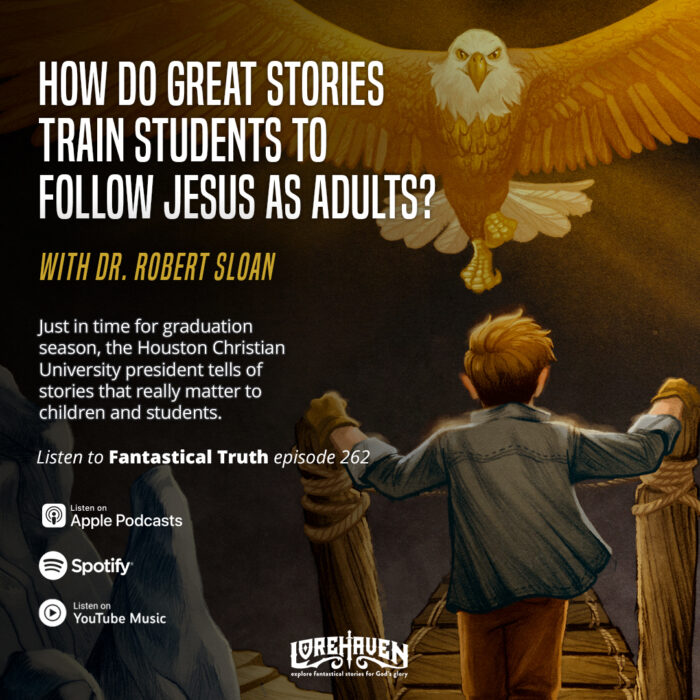













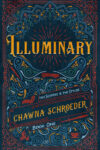






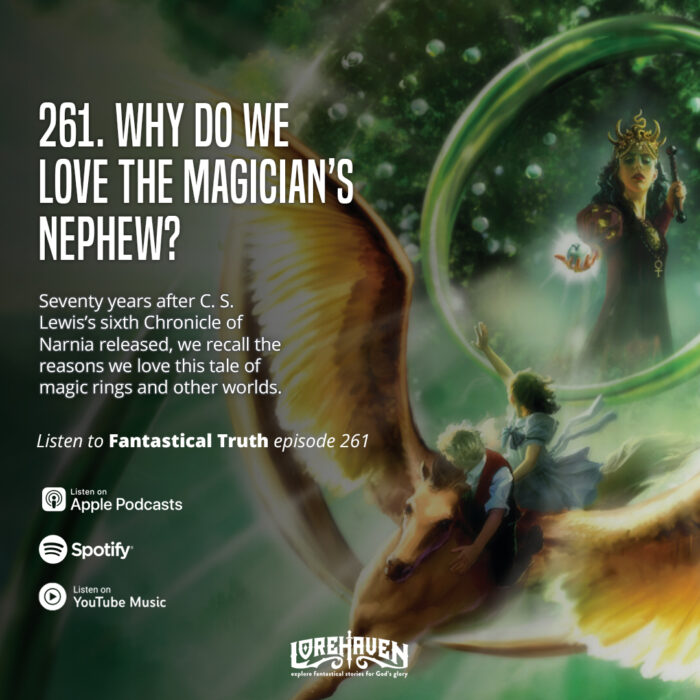






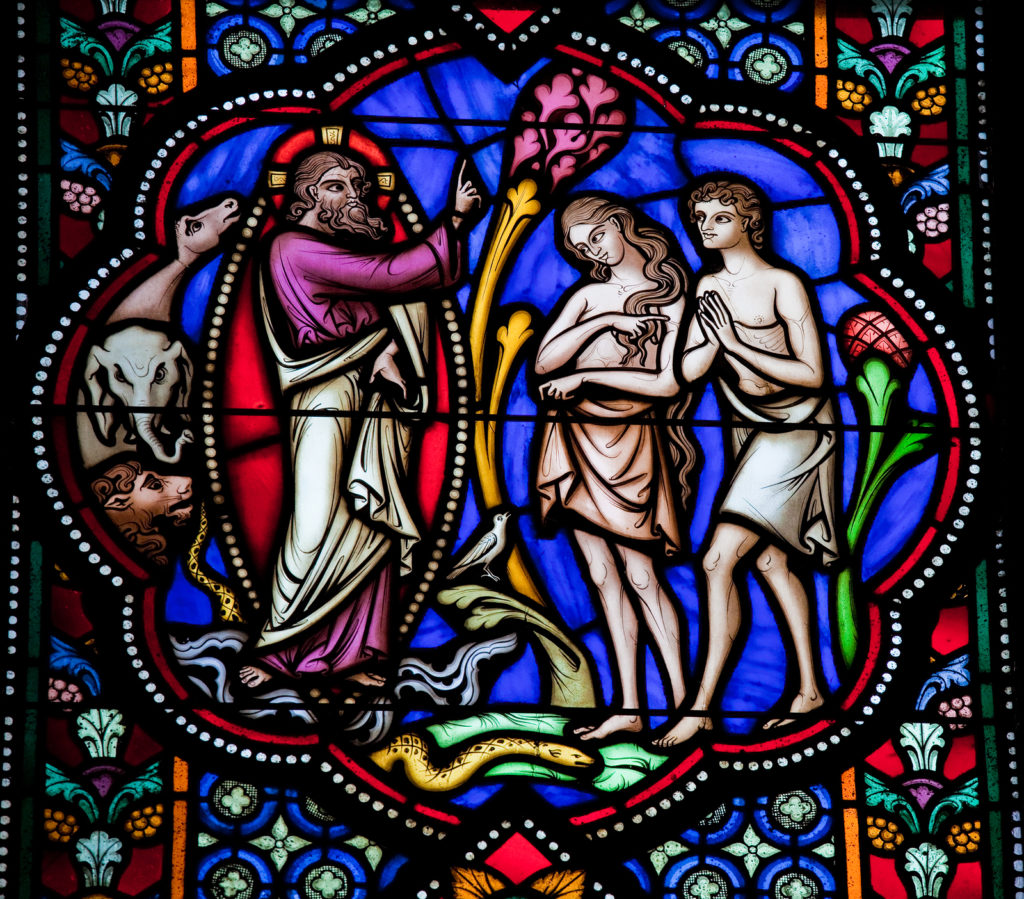
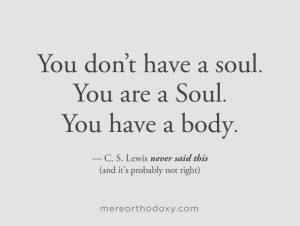



You make a good point here, John. 1 Thess 5:23 indicates that God cares about our soul, spirit AND body. As a reflection of our Creator, we are triune beings.
Agreed! The body is redeemed with the soul. Even Jesus ascended with His body, glorified though it may have been. It isn’t in the plan to get rid of them.
This makes me wonder what a perfect and perfectly united body and soul looks like? Sometimes it does seem like, in this fallen world, the one is fighting against the other.
I think that’s absolutely true, because we know that Christ’s plan for His people is to accomplish redemption/resurrection as a two-stage process. First the soul/spirit, and then the body. At present the body only seems more evil because it’ll be the last to be resurrected, and while our souls/spirits are going up and up, the body — at present — is going down and down, “groaning” with the world until the resurrection (Rom. 8).
I just finished reading Randy Alcorn’s book on heaven (titled, unexpectedly, “Heaven”) and he spends a great deal of time on this exact point. He calls it “Christoplatonism”, the idea that spiritual is good and physical is bad, therefore heaven is a boring and endless session of sitting on a cloud strumming a harp.
In fact, the rejection of this gnostic belief forms the basis for most of the book. Is your digestive system a product of sin? No, so why wouldn’t we eat in heaven? Is the desire to learn and study and create a product of fallen physical bodies? No, so why wouldnt we pursue the arts and sciences in heaven?
Its a good read.
SpecFaith readers can tell you: I’m quite the Heaven fan. It is, however, only a great start to rediscovering the wondrous truth that God is indeed redeeming everything — minus (for this wonderful doctrine has been abused) the sobering fact that those who free-willfully reject Him and never repent are not included in this redemption.
I recommend the Heaven book more than any other book on my shelf. I have three copies so that I have extras to loan out.
This review is on SpecFaith: ‘Heaven’: Biblical Imaginations of New Earth.
Ah, guess I’m preaching to the choir then.
#sorryimnewhere
No, don’t say that! Never do. 😀 Quoth Austin Gunderson, “It’s all preaching to the choir. But that’s okay. I’m one happy choirboy.”
John, Thank you for writing this article! I find myself in my own messages and conversations being very intentional to talk about both the New Heaven and the New Earth in a glorified, resurrected body. Your article is so helpful in refocusing our thoughts!
Thank you!
John’s first entire epistle was written to combat Gnosticism in its different First Century forms, which are essentially still with us today. Not to mention the bomb he dropped in John 1:1 — “En archey eyn ho Logos, kai ho Logos eyn pros ton Theon, kai Theos eyn ho Logos” followed by John 1:14 “Kai ho Logos SARX egeneto” — I transliterated the Koine Greek to make the point. This Logos, this Word, which was both with God and the same in character and essence as God — Spirit, Pneuma — became FLESH — the death blow to all forms of Gnosticism then as well as now. Jesus Christ was a complete, total and full human in every sense. He had a body just like ours — “that which we have seen with our eyes, what we beheld, what our hands touched” — no wispy incorporeal Christ here. The eternal Logos, begotten not made, took a human body to redeem the whole man, as this magnificent post so ably demonstrates.
Ehhhhhhhhhhh, I’m gonna get all heretical and question whether it is indeed a bodily resurrection in the not-quite-zombies sense. There’s quite a bit of room for interpretation. For one, human flesh and animal flesh — or at least mammalian — is more similar than different, but I can’t blame Paul because he didn’t have modern science.
But I think dualism has a lot of interesting points, minus the Calvin-ish disdain for the physical. How much is physical and how much is spiritual? Natural or supernatural, etc?